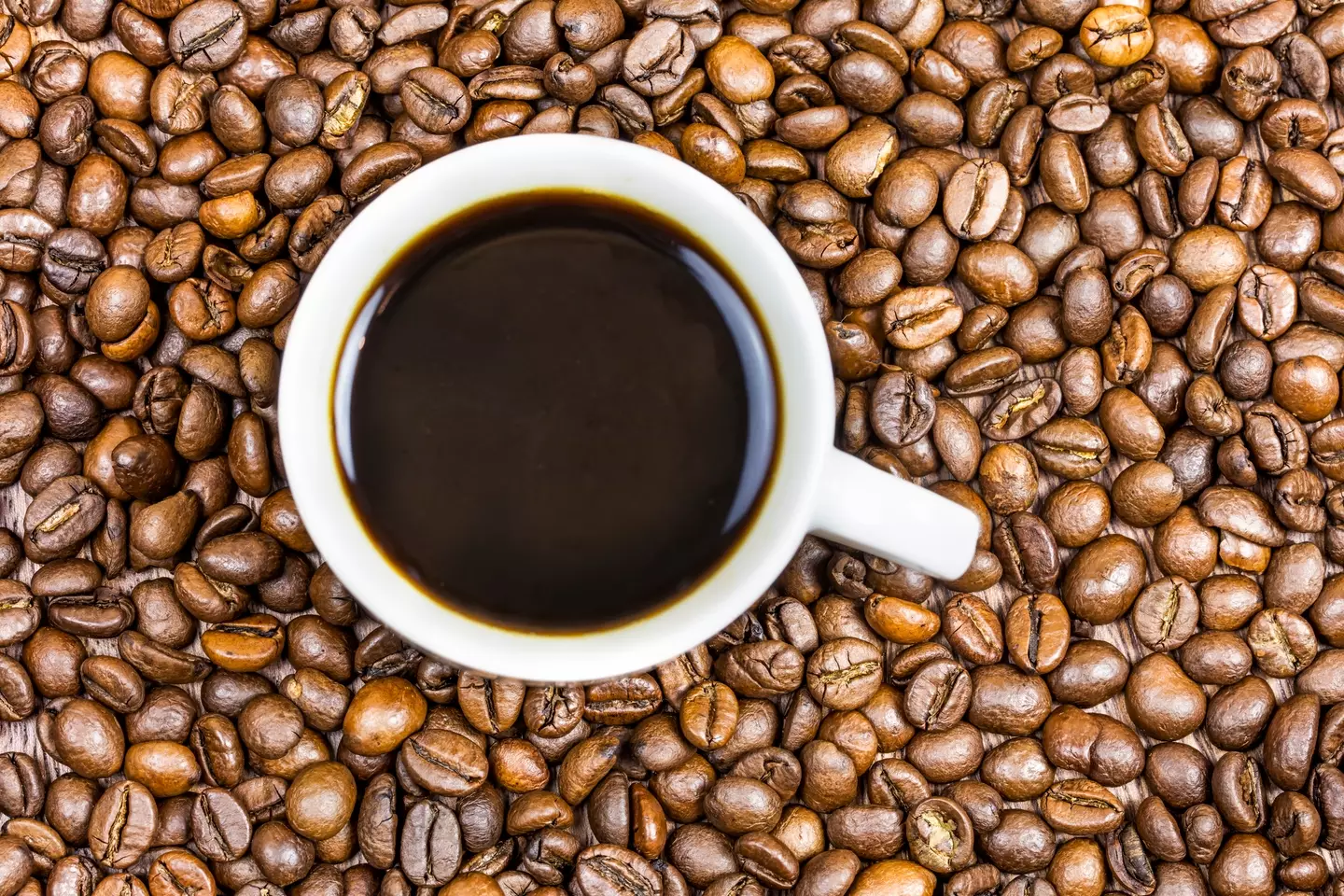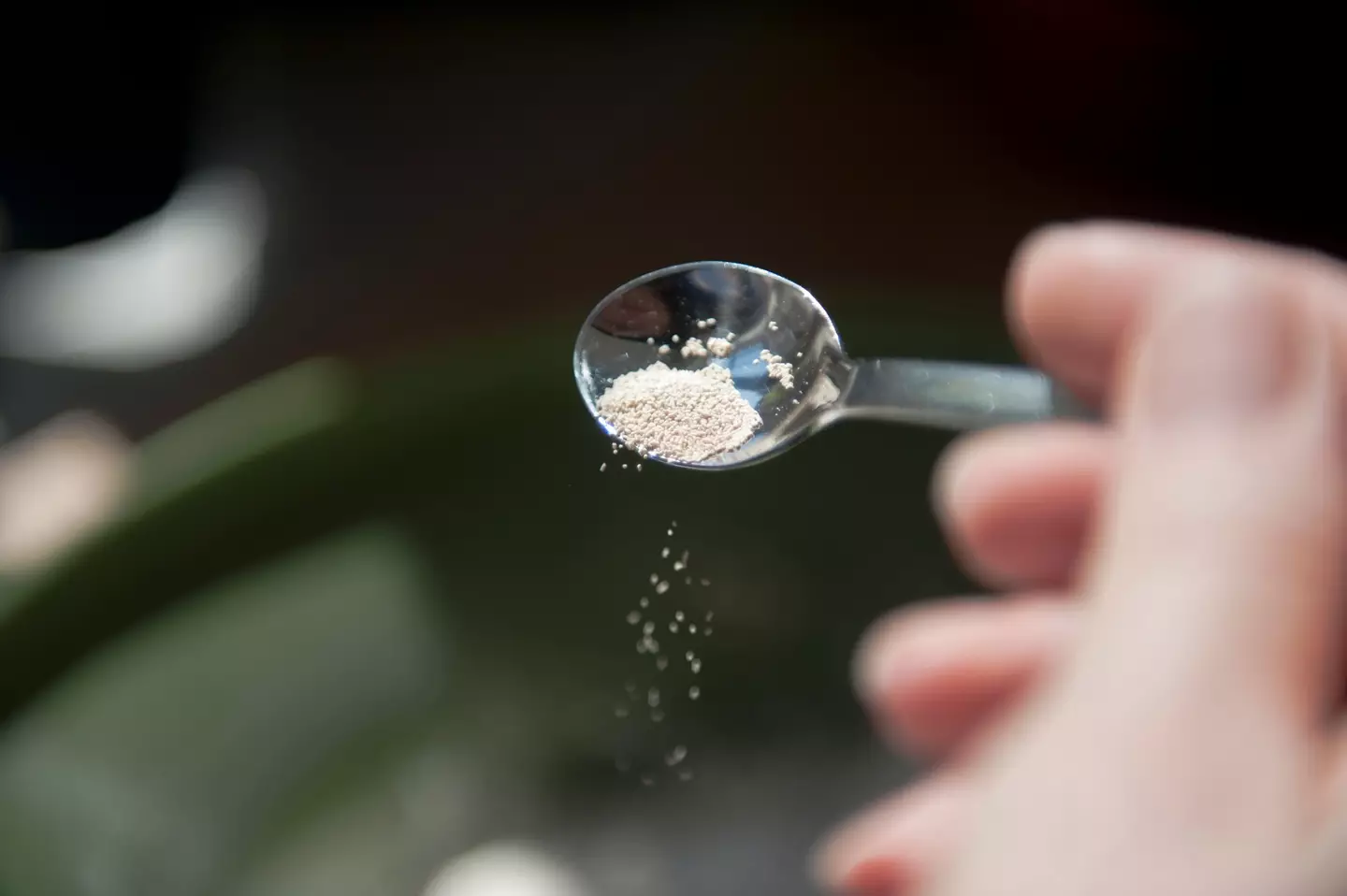
Considering the UK gets through 98 million cups of coffee and 100 million cups of tea each day, we’d best hope all that caffeine is doing us some good.
As it turns out, it is! Some good news in 2025!
Researchers at Queen Mary University of London’s Research Centre of Molecular Cell Biology have landed on some interesting ways in which caffeine boosts our health and even longevity, and it’s all thanks to some experiments on a single-cell organism.
Fission yeast is seen as a useful tool in cellular biology as its single cell bears similarities to human cells, and it turns out that caffeine does it some good.
Advert

Published in the Microbial Cell journal, the study found that caffeine interacts with an ancient cellular energy system and has an interesting impact on the yeast’s ageing process.
Other research has already suggested that caffeine can cut the risk of age-related illnesses, with this latest evidence throwing more weight behind the claims that caffeine can support health and longevity.
Caffeine is considered the most commonly used psychoactive drug in the world, with its effects on the brain and central nervous system being vital to many people’s daily routines. It doesn’t actually give you more energy so much as prevent you from feeling tired by blocking the adenosine receptors responsible for sleepiness and relaxation.
As a result of this, caffeine makes us feel more alert and less fatigued, and it speeds up our short-term memory and recall and our brain’s general processing speed. It also stimulates dopamine release, which can make us feel more motivated.
It also stimulates adrenaline release whilst temporarily increasing your heart rate and blood pressure. In large amounts this can cause jitters, anxiety and tremors, and it’s this response that gives caffeine an undeserved reputation for maybe not being great for us.
However, it’s also been linked with myriad health benefits, including a lowered risk of cardiovascular disease and type 2 diabetes, as well as positive effects on mental health and the aforementioned benefits to your healthspan and lifespan.
The yeast fission study found that caffeine also promotes longer cell life with an indirect influence on TOR (Target of Rapamycin), which serves as a ‘switch’ that tells cells when to grow based on energy availability. TOR also manages energy and stress responses.
In the study, the researchers observed caffeine activates the AMPK system, which Queen Mary University described as a ‘cellular fuel gauge’.
“When your cells are low on energy, AMPK kicks in to help them cope,” said Charalampos Rallis, senior author of the study. “And our results show that caffeine helps flip that switch.”

The fission yeast model demonstrated how this AMPK response has a positive influence on ageing and disease by bolstering cell growth and DNA repair, along with managing stress responses.
“These findings help explain why caffeine might be beneficial for health and longevity,” said John-Patrick Alao, the study’s lead author of the study.
“And they open up exciting possibilities for future research into how we might trigger these effects more directly—with diet, lifestyle, or new medicines.”
